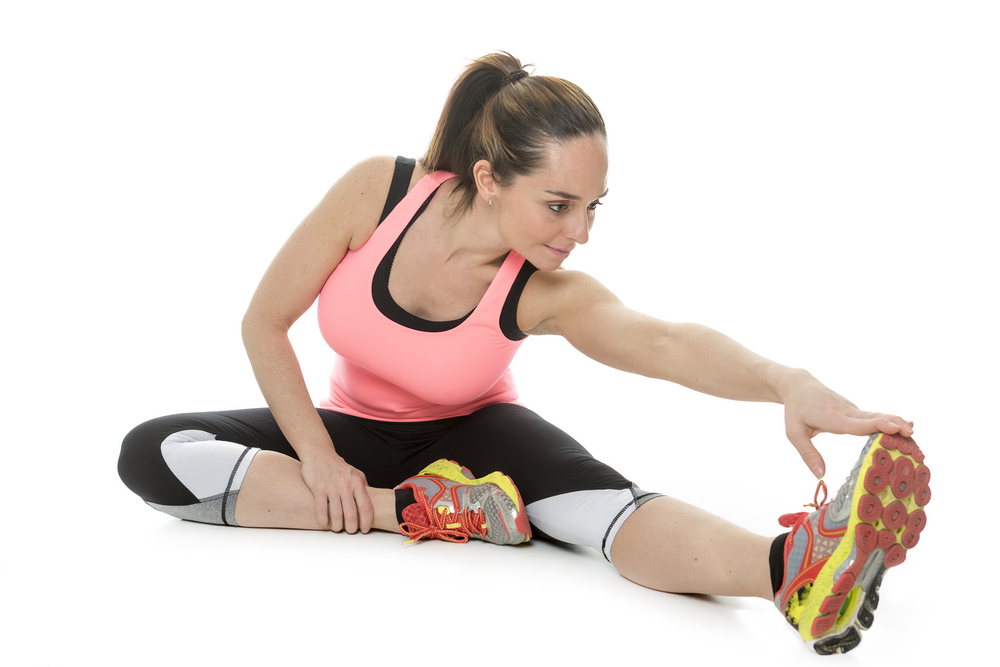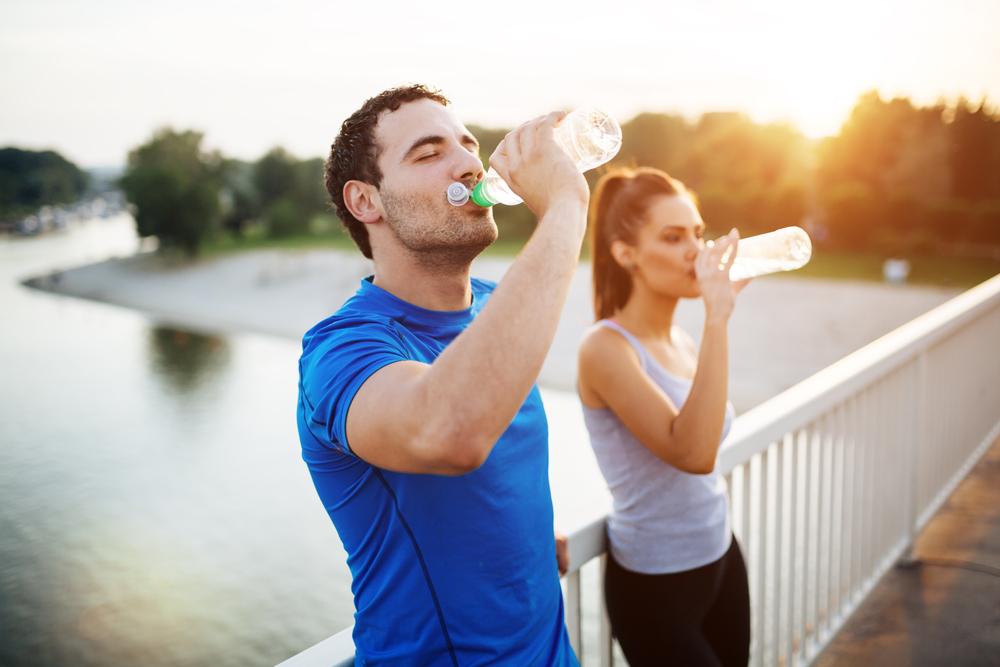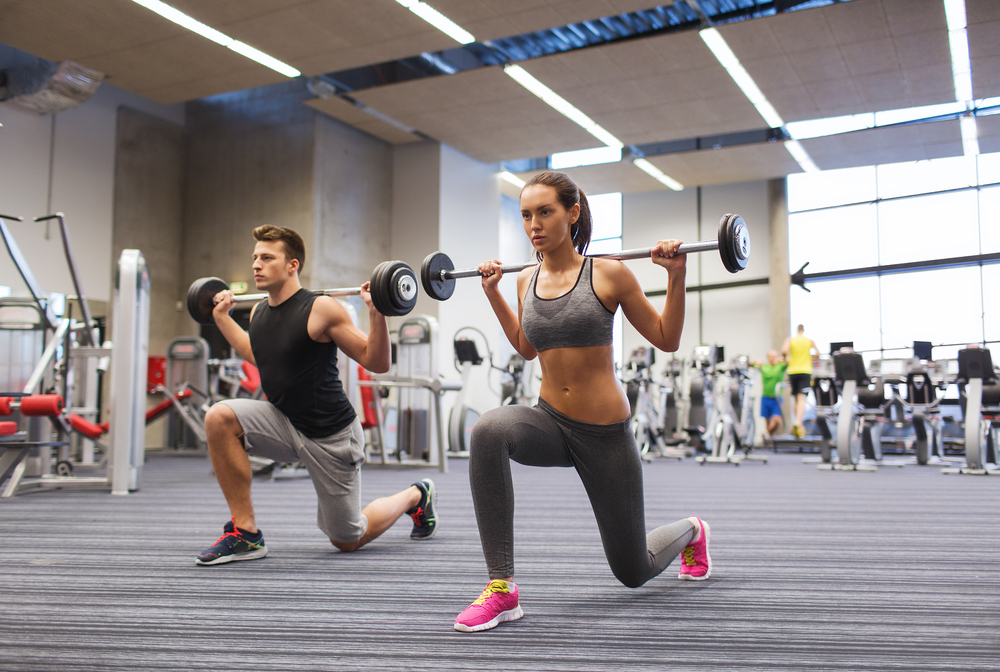
Summer is the best time to engage in your favorite outdoor activities (with the exception of snowball fights, maybe). With the cold weather finally gone, there is nothing preventing you from returning outside with your friends and family. While being outdoors can be the highlight of your summer, it’s important to be conscious of the effects that drastic body motions can have. At Central Orthopedic Group, we want all of our patients to keep these pointers in mind.
1. Stretch Before Physical Activity
As with any sport, stretching before you exercise or hit the tennis court in the summertime is essential. This is especially true given the steep increase in physical activity you will likely have. Tailor your stretches to warm up the specific muscles you’ll be using for your particular activity. For example, before golfing, you’ll want to work out the muscles that enable you to stay in a focused position while holding the club for long periods of time– your legs, arms, and shoulders.
There are plenty of misnomers about proper stretching technique. To avoid getting swept away in negative habits, ask our Long Island orthopedist office for advice.

2. Hydrate Often
Staying hydrated is paramount to safe exercising during the summer. When your body is hydrated, your muscles have the energy they need to perform. During states of dehydration, though, your muscles cannot access the fats they need to burn in order to make exercise effective.

Aside from being a risk factor for muscles, dehydration can also make you uncomfortable in several ways. Dehydration symptoms include:
- Infrequent urination
- Abnormally dark urine
- Unusual thirst
- Headaches
- Dizziness
- Dry skin
- Irritable mood
If you begin to notice any of the above symptoms, be sure to take a rest and drink some water immediately. It’s possible to become dehydrated during yard work as well. Be mindful of these common orthopedic injuries while gardening.
During long, hot days spent outdoors, this becomes even more of a concern. Be proactive in preventing dehydration by drinking water before, during and after physical activity to keep your body healthy.
3. Hone Your Form
Even professional athletes require minor adjustments to their form on occasion. Before jumping back into your favorite sport, be sure that you are practicing the right way. One good way to do this is by taking lessons. Even if you opt to take a simple refresher course, brushing up on your technical form will benefit your well-being.
For example, an overly aggressive pitching stance in baseball can cause massive damage to your shoulder. Swimmers who breathe by rotating only their necks are prone to neck injuries. In fact, there are several potential issues that improper swimming form can cause to your body.
If you lack the time or energy to attend lessons, then observing somebody more experienced than you is a good way to recall your form. Our Long Island orthopedist office strongly encourages easing back into outdoor activity with the correct form to prevent injury patterns.

4. Find A Workout Buddy
The advantages of having a friend exercise or play sports with you during the summer are endless. Beyond the obvious companionship benefits, you’ll be able to encourage each other to take breaks and hydrate regularly.
From a health-minded standpoint, though, having a workout buddy will help you out of dangerous situations. A friend may be quicker to recognize that something is amiss with your performance or state of mind than even you.
Additionally, it’s also important to bring a companion on long runs or bike rides. If you have an injury, then you’ll need somebody to assist you in returning home.
5. Choose Equipment Wisely
Outdoor clothing and equipment are not a one-size-fits-all or all-purpose affair. It’s important to be deliberate in planning out what gear you will be using for each activity. Unfortunately, doubling up on your equipment from activity to activity is rarely a good idea. In other words, wearing running shoes while playing soccer will permit ample speed, but prevent the side-stepping motions that are trademarks of soccer.
While it is possible to use some equipment for more than one activity, you should always consult a specialist about the possible effects before doing so. Wearing the improper equipment during vigorous (and sometimes casual) physical activity can result in an ankle sprain, or other complications.
Additionally, shoe sizes vary by shoe purpose. Your feet may be a size 7 in sneakers, a size 8 in running shoes, and a size 6 in tennis shoes.
6. Pay Attention to Changes
It’s natural to experiment with different gear, equipment and techniques. However, paying attention to how these alterations impact your body is essential. If you become increasingly worn down, or notice pain that was never before present after the same activity, it may be an indication that this is not a positive change.
Different surfaces affect your body in different ways as well. For example, running on asphalt is more likely to cause stress fractures than a rubber track because it absorbs less shock. Concrete absorbs almost no shock at all, and can cause tremendous stress to the hips, among other areas. If this problem is ignored, then it could require a hip replacement surgery.
As you venture outside of your normal activities, pay attention to and document how these changes affect your body. If necessary, contact our Long Island orthopedist office to address whether you should continue these activities.
7. Train for Specific Activities
Beyond stretching for particular activities as we discussed before, you should also exercise certain muscle groups based on the activities that you plan to do. For example, if you hope to go biking over the summer, then working out your legs is paramount.
There are plenty of online resources about workout regimens that will help you perform better in specific activities. For maximum health benefits, however, be sure to consult with one of our Long Island orthopedist staff before drastic routine changes. With a body-conscious approach, exercising during the summer can be an enriching, rejuvenating experience. Be sure to enjoy your outdoors activities to the fullest extent with these precautions.
If you begin to feel undue strain on your body for extended periods of time, contact the Central Orthopedic Group immediately. Our team of experienced doctors and qualified physical therapists can assess and help treat any exercise-related injury you encounter.
